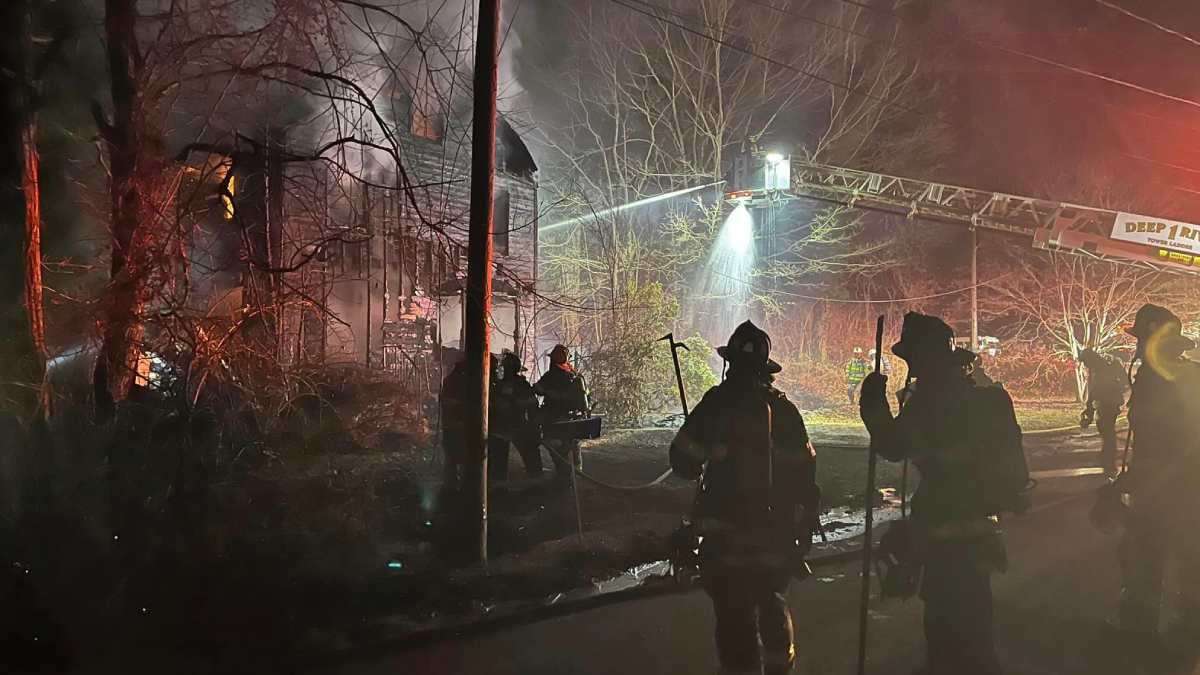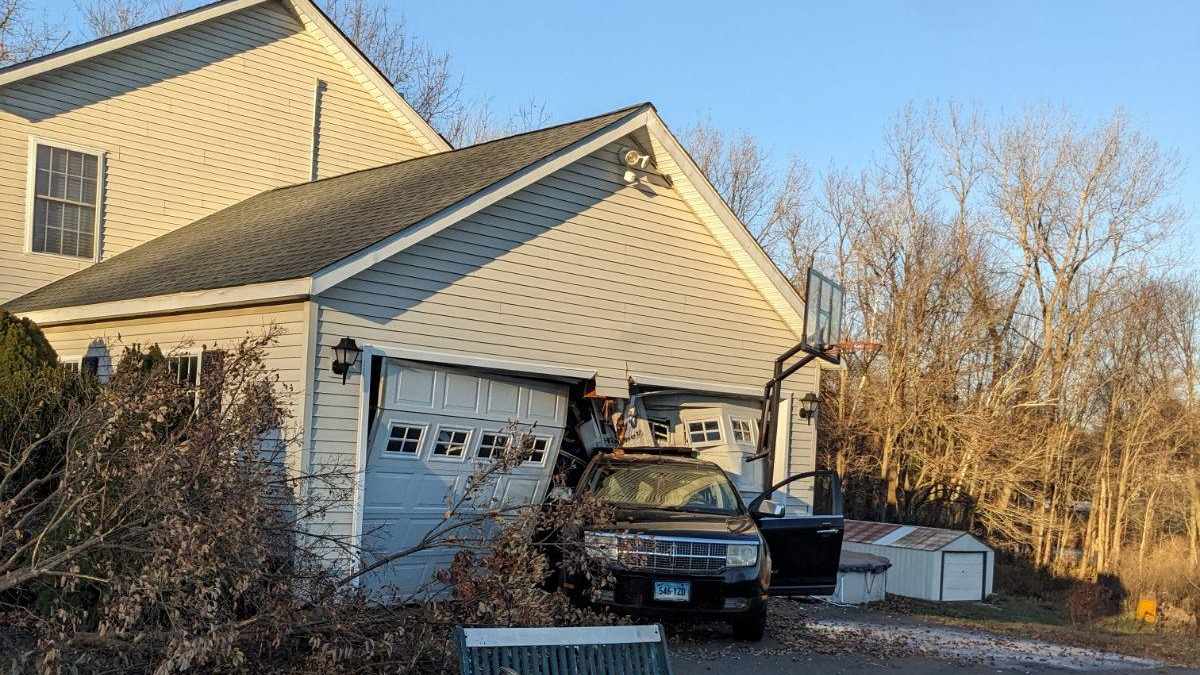There has been a major impact on passenger activity at Bradley International Airport during the COVID-19 pandemic.
“We’ve had a significant drop in passenger traffic here at Bradley,” said Kevin Dillon, executive director of the Connecticut Airport Authority (CAA), which operates Bradley International Airport in Windsor Locks.
The CAA has been closely monitoring the daily TSA security checkpoint data to help gauge passenger levels during the coronavirus outbreak.
“That drop is somewhere in the neighborhood of about 95 percent of what it normally would have been this time of the year,” said Dillon.
According to TSA checkpoint data provided by the CAA, Bradley’s passenger levels had already dropped 37.3 percent on March 13, 2020, compared to the same time last year. By March 31, the data showed there had been a nearly 95 percent decrease, year-over-year. April 13, 2020 marked the lowest point to date.
TSA data showed a 98-percent decline in the number of passengers going through security checkpoints. The most recent available figure is for May 7, when air passenger levels at Bradley were down almost 92 percent from the year before.
Dillon said other northeast airports in Boston and New York have seen similar drop-offs.
Many airlines have suspended routes and reduced frequencies to Bradley Airport. Aer Lingus’ Dublin service is suspended, and Air Canada services are suspended through May, the CAA reports.
Chicago-Midway, Cincinnati, Cleveland, Houston, Los Angeles, Myrtle Beach, Raleigh, St. Louis, San Juan, Washington-National and West Palm Beach routes have been suspended, according to the CAA.
With airlines reducing or suspending service both domestically and internationally, the CAA has instituted a hiring freeze and reduced its expense budget by 10 percent.
Dillon said five airport employees have tested positive for
COVID-19 since the outbreak began. He said none of the employees have been in
“public-facing positions.”
“Three of those five employees have already returned back to work.
Unfortunately, we did have one employee pass away,” Dillon said.
The COVID-19 pandemic has presented major financial challenges at airports across the country, Dillon sadi. With a decrease in revenue, many of Bradley’s commercial tenants have been asking for relief from rental payments, he said.
“Airlines have asked for relief, rental cars, concessionaires; and we’re doing our best to work with all of those folks,” said Dillon.
Meanwhile, the CAA’s operating and use agreement with the airlines at Bradley Airport is due to expire on June 30, 2020. Dillon said the CAA had been negotiating with airlines for a five-year agreement when the virus hit.
“We are very close to finalizing a one-year agreement,” Dillon said. “Most of
the carriers are willing to sign on for a one-year period. Over the next 12
months, we’ll be able to get a much better handle on where things are going.”
The CAA said it is critical to “maintain operational capacity at the airport for the remaining commercial passengers, cargo aircraft, military operations, and potential diversions from other airports.”
There are some bright spots at Bradley these days.
Cargo traffic is holding to pre-virus levels and the CAA has significant financial reserves, Dillon said. The CAA reports also that $28,543,046 of the $10 billion in federal aid approved to help airlines and airports is slated for Bradley Airport.
“The $28 million will roughly carry us through for about a three-month period; so, we are getting some room to get our house in order going forward,” said Dillon.
“It’s really just a matter of getting people comfortable again to get onto an aircraft or to travel through the airport,” he said.



